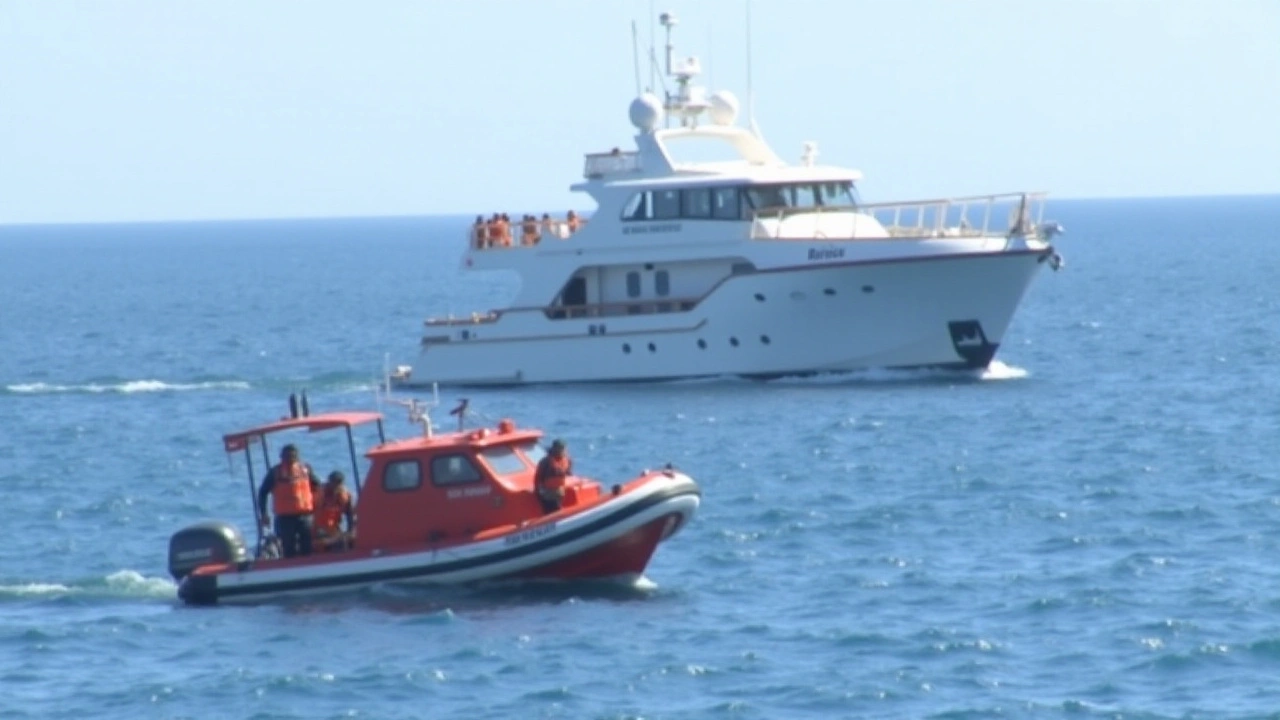Understanding Yacht Sinking: Essential Facts and Safety Tips
Yacht sinking sounds like something out of a movie, but it happens more often than you'd think. Whether you’re a seasoned sailor or just love being out on the water, knowing what causes these incidents and how to handle emergencies can make all the difference. Let’s break down what really goes on when a yacht takes on water and how you can keep yourself and your crew safe.
Most yacht sinkings happen due to poor weather, unexpected damage, or human error. Storms can hit fast, turning calm seas into dangerous waves that challenge even the biggest boats. Sometimes a collision or hitting a submerged object cracks the hull. And yes, mistakes like leaving a hatch open, overloading the boat, or skipping maintenance cause trouble too. These factors alone or combined can let water in and start sinking the yacht.
How to Spot Trouble Early
Prevention is key. Before you even set sail, check the weather forecast closely and avoid risky conditions. Inspect your yacht: look for cracks, leaks, or anything loose. Secure all hatches, doors, and ports properly because water sneaking in from these spots can spell disaster. Make sure your bilge pumps are working—these devices pump out water that collects inside the boat and can prevent it from filling up too much.
Once on board, keep an eye and ear out for unusual sounds or sudden tilts. Feeling the yacht lean unexpectedly or hearing water where there shouldn't be any calls for immediate checks. A calm crew who knows exactly how to respond can save the day. Prepare emergency gear like life jackets, flares, and radios, and always have a clear plan to abandon ship if things go south.
What to Do If Your Yacht Starts Sinking
Time is critical. Don’t panic. First, alert everyone and get life jackets on. Use your radio or phone to send a distress signal including your location. Try to stop water coming in if it’s safe—seal leaks or deploy pumps. If sinking is inevitable, locate and board your life raft calmly.
Remember, the ocean can be unpredictable, but being prepared gives you the best shot at staying safe. By understanding the risks and acting quickly, you turn a scary situation into one you can handle. Knowing the basics of why yachts sink and what to do next is smart for anyone enjoying life on the water.

